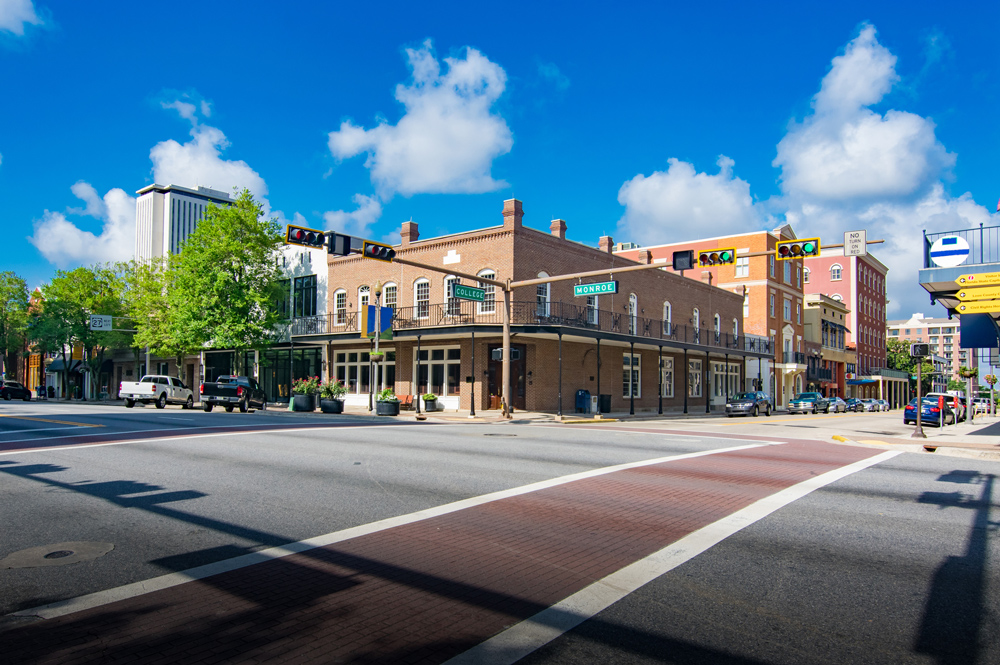Location, Location, Location — Whatever

Ask anyone the most important decision you make when starting a business, and many will answer, “Location, location, location.”
While location is definitely important, what does that mean? Does it mean to be in the most visible property? The property with a strong neighborhood population? The property that is easiest to get in and out of? Should we consider the rental rate? How about the retail complements surrounding your property?
The list could go on and on—there are hundreds of variables to consider when looking at property for your new business.
My Unconventional Truth
To me, location, location, location can not be defined. While that may be an unconventional truth, the fact of the matter is, we simply don’t have enough data to make a sound conclusion. BIGGBY COFFEE® has hundreds of locations throughout the United States, and my data is still all over the place.
From this data, I should be locating my stores in corn fields with low traffic count in the poorest counties in the state. Truly, we don’t have enough data about location, and anybody that tells you they have the answer in relation to your real estate needs is kidding you, and themselves.
There are few dozen concepts out there that have enough data to formulate a statistically driven answer in relation to location, location, location. The rest are simply making it up.
A Tale of Two Cities
We have a BIGGBY store in a small town in what I thought was a horrible location. In fact, I didn’t approve the location the first two times it came across my desk. But the owner brought it to me a third time. While it didn’t meet any of the fundamentals, the owner had lived in the market her whole life and knew it would work. And it did.
On the flip side of the coin, there is a BIGGBY store in a metropolitan area with a drive-thru and over 70K cars a day driving through the intersection. It is highly visible and, on paper, the perfect location. I liked it so much that I signed the lease myself and assigned it to an owner—something I had only done twice in the company’s history. A decade later, the store has been a constant struggle.
Looking at these two properties, I would have bet my left pinky toe that the metropolitan store would outperform the small-town location. But the opposite was true. So, I believe that unless you make a drastic mistake, poor location can be overcome. There are so many variables.
So Where Do I Locate My Business?
When it comes to location, location, location, you have to make the decision based on a few common-sense pillars. If you are a convenience-based business, for example, you can’t set up shop in the back of an industrial park. If you are a bank, you can’t locate in a low-rent district. If you want to build a golf course, stay out of an urban environment.
I know this may sound silly, but the point is that people get so wrapped up in the details of locating their business—and presume it is the most important decision—when, in fact, they are trying to play a game with no rules.
Get the basics figured out, negotiate a great deal, open and operate perfectly and your location will be considered a winner in the end.
___
For more advice and anecdotes on how to start and run a successful business, order my book, Grind: A No-Bullshit Approach to Take Your Business from Concept to Cash Flow.
